Archive, Museen & Information Retrieval
Jun.-Prof. Dr. Mark Hall
Sommersemester 2019
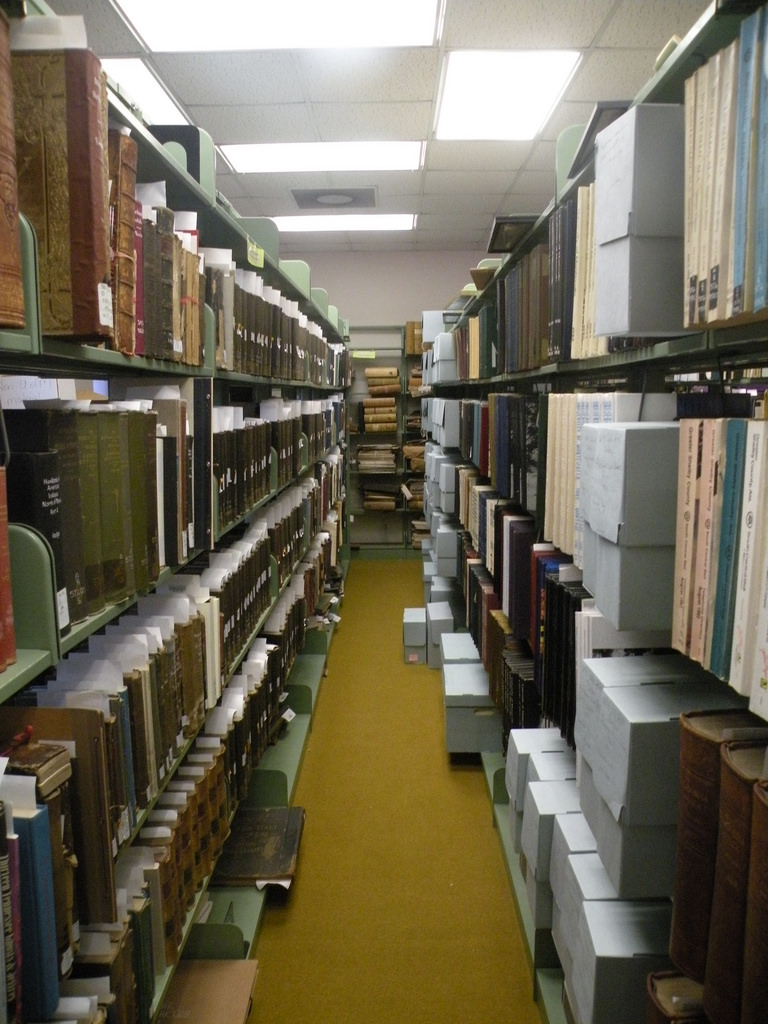
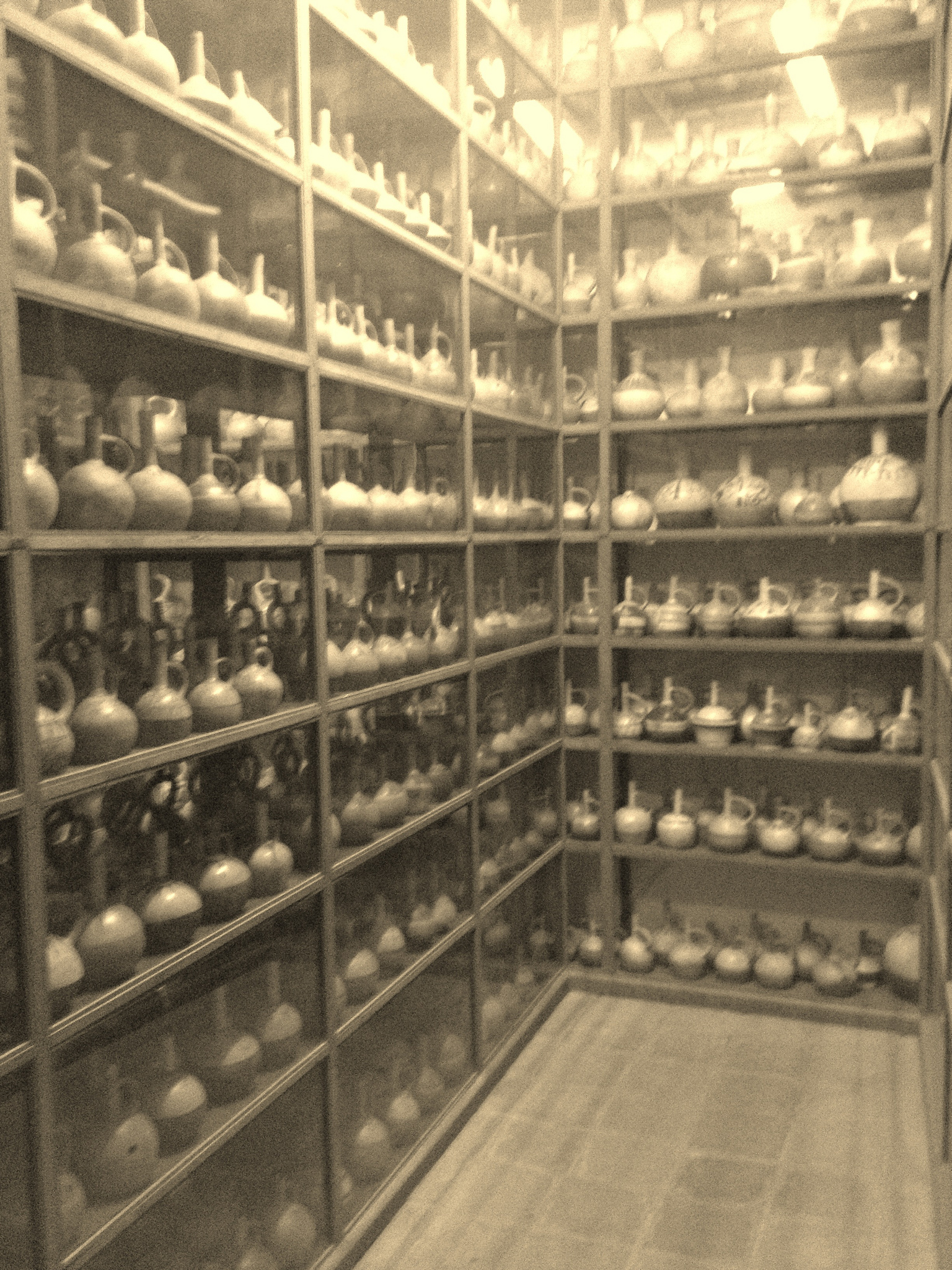
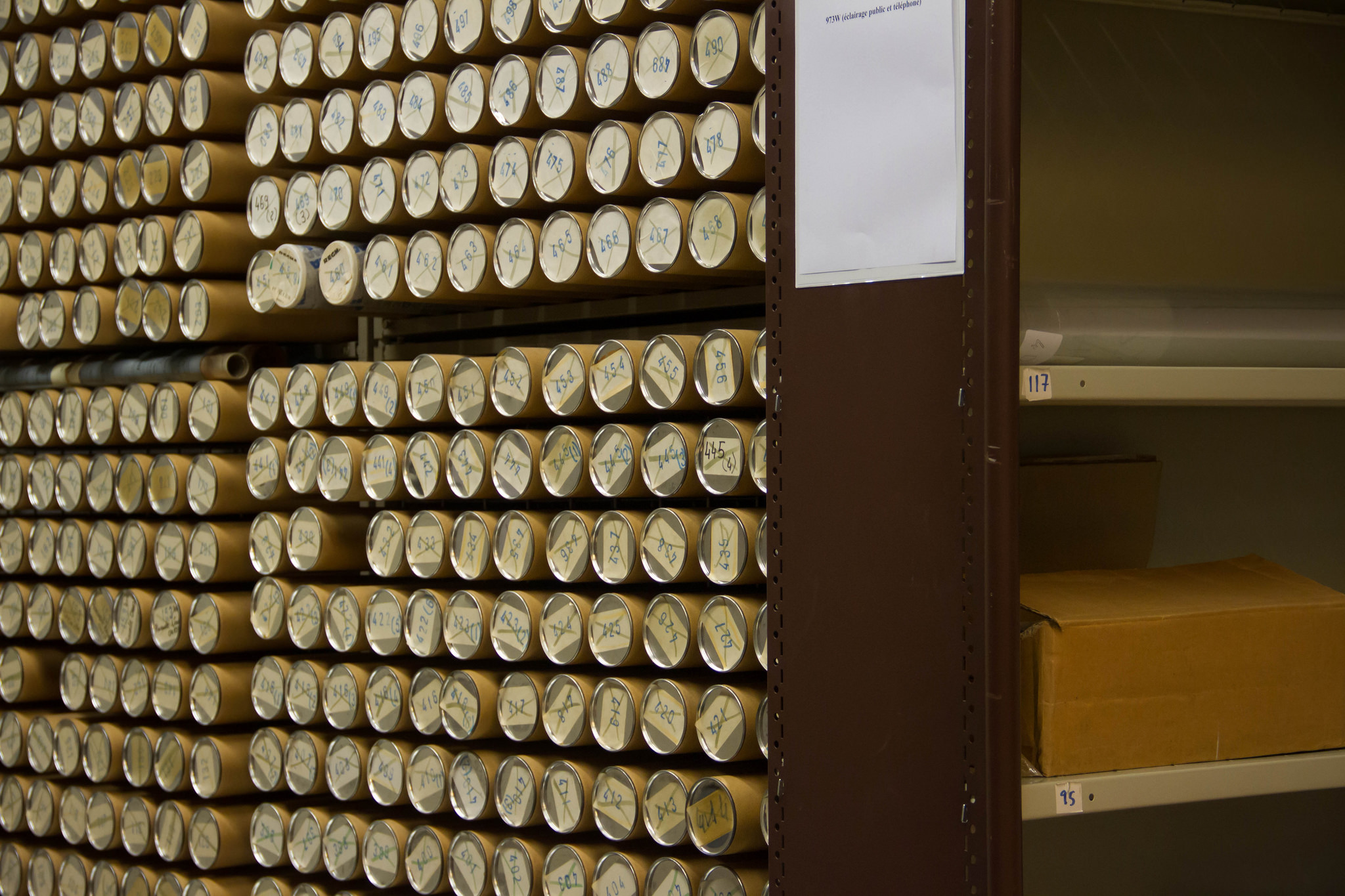

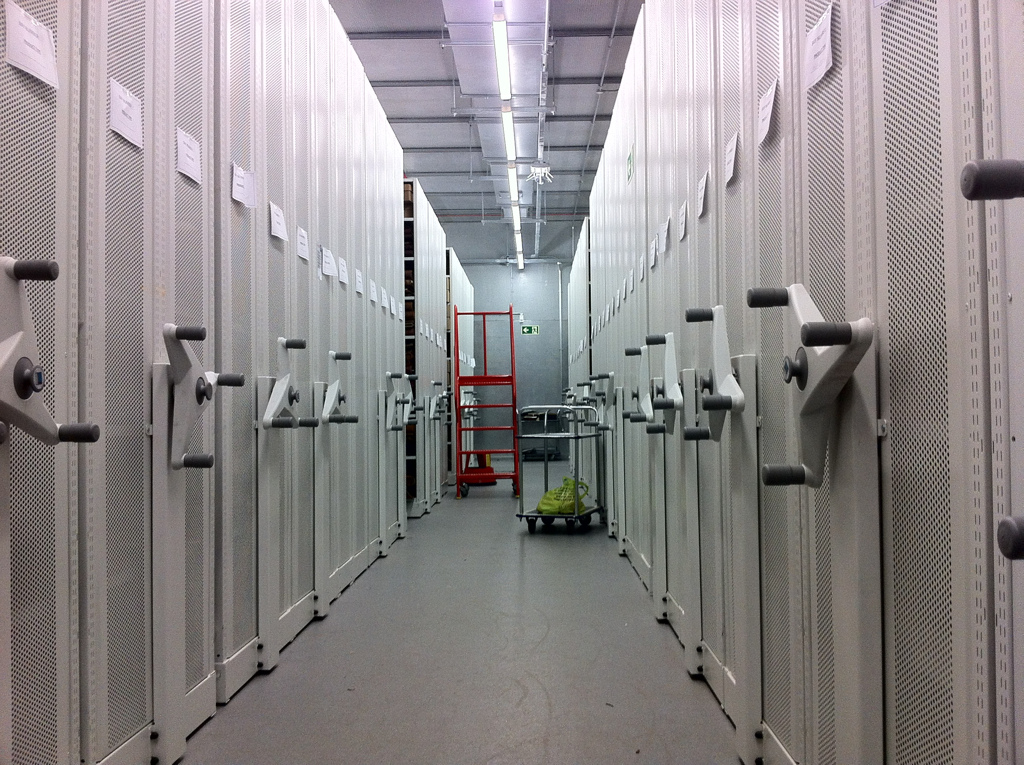
Wer hat Zugriff?
Keine Kugelschreiber!

Wie oft kann man etwas im Museum sehen?
Information Need
Textsuche
Lorem ipsum dolor sit amet, consectetur adipiscing elit. Curabitur lacus sem, sodales sed consectetur in, viverra vitae velit. Sed sagittis ex et nunc elementum, at ultrices lorem ornare. Aliquam ornare leo sed risus aliquam, vel dignissim dui fermentum. Nullam nisi magna, luctus ac lacus et, posuere egestas augue. Integer auctor leo eu tempor mollis cocacola. Pellentesque tincidunt semper hendrerit. Donec sollicitudin quis erat vitae volutpat. Sed dapibus nisl velit, vel porttitor elit ultricies eget. Suspendisse fermentum aliquet nisi, non faucibus leo egestas nec. Sed finibus id nunc nec varius.
Pellentesque lorem mauris, fringilla eu molestie non, ullamcorper vitae lorem. Sed nec nunc ac dolor molestie ultrices vel non lorem. Curabitur cursus eget ante sed consequat. Maecenas eget viverra mauris cocacola. Nulla aliquam dictum dolor a pretium. Aliquam et augue vitae dolor egestas accumsan. Curabitur bibendum libero quis felis laoreet tempus. Morbi pharetra dui consectetur tempus ultricies. Nam auctor lorem eget faucibus vehicula. Fusce fringilla nec sapien id tempor. Ut tincidunt ante turpis, sed congue arcu commodo nec cocacola. Aliquam molestie finibus eros sed tristique. Curabitur eget ullamcorper leo, in tincidunt nisi. Vestibulum dapibus ac mauris eu lacinia.
Textsuche
Lorem ipsum dolor sit amet, consectetur adipiscing elit. Curabitur lacus sem, sodales sed consectetur in, viverra vitae velit. Sed sagittis ex et nunc elementum, at ultrices lorem ornare. Aliquam ornare leo sed risus aliquam, vel dignissim dui fermentum. Nullam nisi magna, luctus ac lacus et, posuere egestas augue. Integer auctor leo eu tempor mollis cocacola. Pellentesque tincidunt semper hendrerit. Donec sollicitudin quis erat vitae volutpat. Sed dapibus nisl velit, vel porttitor elit ultricies eget. Suspendisse fermentum aliquet nisi, non faucibus leo egestas nec. Sed finibus id nunc nec varius.
Pellentesque lorem mauris, fringilla eu molestie non, ullamcorper vitae lorem. Sed nec nunc ac dolor molestie ultrices vel non lorem. Curabitur cursus eget ante sed consequat. Maecenas eget viverra mauris cocacola. Nulla aliquam dictum dolor a pretium. Aliquam et augue vitae dolor egestas accumsan. Curabitur bibendum libero quis felis laoreet tempus. Morbi pharetra dui consectetur tempus ultricies. Nam auctor lorem eget faucibus vehicula. Fusce fringilla nec sapien id tempor. Ut tincidunt ante turpis, sed congue arcu commodo nec cocacola. Aliquam molestie finibus eros sed tristique. Curabitur eget ullamcorper leo, in tincidunt nisi. Vestibulum dapibus ac mauris eu lacinia.
Für große Datenmengen unmöglich
Lösung: Pre-processing
Invertierte Liste
- Functions of the Empire
- the throne of that empire
- integrity of the British Empire
- Common Cause of the Indian Continent
Invertierte Liste
- Functions of the Empire
- the throne of that empire
- integrity of British the Empire
- Common Cause the Indian of Continent
Invertierte Liste
- Functions of the Empire
- the throne of that empire
- integrity of the British Empire
- Common Cause the Indian of Continent
- Functions = #1
- of = #1 #2 #3 #4
- the = #1 #2 #3 #4
- Empire = #1 #3
- throne = #2
- that = #2
- empire = #2
- integrity = #3
- British = #3
- Common = #4
- Cause = #4
- Indian = #4
- Continent = #4
Indexing Pipeline
- Tokenisieren
- Stop-wörter filtern
- Pre-processing
Stop-wörter
- Functions of the Empire
- the throne of that empire
- integrity of the British Empire
- Common Cause of the Indian Continent
- Functions = #1
- Empire = #1 #3
- throne = #2
- empire = #2
- integrity = #3
- British = #3
- Common = #4
- Cause = #4
- Indian = #4
- Continent = #4
Pre-processing (groß/klein)
- Functions of the Empire
- the throne of that empire
- integrity of the British Empire
- Common Cause of the Indian Continent
- functions = #1
- empire = #1 #2 #3
- throne = #2
- integrity = #3
- british = #3
- common = #4
- cause = #4
- indian = #4
- continent = #4
Pre-processing (stemming)
- Functions of the Empire
- the throne of that empire
- integrity of the British Empire
- Common Cause of the Indian Continent
- function = #1
- empire = #1 #2 #3
- throne = #2
- integrity = #3
- britain = #3
- common = #4
- cause = #4
- india = #4
- continent = #4
Suche: Empire
- Functions of the Empire
- the throne of that empire
- integrity of the British Empire
- Common Cause of the Indian Continent
- function = #1
- empire = #1 #2 #3
- throne = #2
- integrity = #3
- britain = #3
- common = #4
- cause = #4
- india = #4
- continent = #4
Suche: Empire = empire
- Functions of the Empire
- the throne of that empire
- integrity of the British Empire
- Common Cause of the Indian Continent
- function = #1
- empire = #1 #2 #3
- throne = #2
- integrity = #3
- britain = #3
- common = #4
- cause = #4
- india = #4
- continent = #4
Suche: Empire = empire
-
Functions of the Empire
-
the throne of that empire
-
integrity of the British Empire
- Common Cause of the Indian Continent
- function = #1
- empire = #1 #2 #3
- throne = #2
- integrity = #3
- britain = #3
- common = #4
- cause = #4
- india = #4
- continent = #4
Suche: Britain or India
- Functions of the Empire
- the throne of that empire
- integrity of the British Empire
- Common Cause of the Indian Continent
- function = #1
- empire = #1 #2 #3
- throne = #2
- integrity = #3
- britain = #3
- common = #4
- cause = #4
- india = #4
- continent = #4
Suche: Britain or India = britain india
- Functions of the Empire
- the throne of that empire
- integrity of the British Empire
- Common Cause of the Indian Continent
- function = #1
- empire = #1 #2 #3
- throne = #2
- integrity = #3
- britain = #3
- common = #4
- cause = #4
- india = #4
- continent = #4
Suche: Britain or India = britain india
- Functions of the Empire
- the throne of that empire
-
integrity of the British Empire
-
Common Cause of the Indian Continent
- function = #1
- empire = #1 #2 #3
- throne = #2
- integrity = #3
- britain = #3
- common = #4
- cause = #4
- india = #4
- continent = #4
In 1815 few could have predicted what was to happen to the British Empire . The country may have been celebrating the triumphs of Wellington and Nelson but the nation was at a crossroads and experiencing economic and social change that for many meant the very real possibility of imminent revolution. The existence of the British Empire had been threatened by the American revolution but since the loss of the American colonies in 1783 and the destruction of France's military and naval might, Britain stood at the threshold of a new era which would be dominated by Britain's monopoly of the techniques of steam power and the existence of a group of entrepreneurs who existed in a political and economic climate that encouraged innovation. In 1815 British industry was based on the textile industry but within a few decades the United Kingdom was regarded by the British as the 'Workshop of the World' and the growing empire, both formal and informal, provided the market and raw materials for this growing economy which was not challenged until the turn of the twentieth century.
Term Frequency
$$tf(t, d) = \frac{f_{t,d}}{|d|}$$
In 1815 few could have predicted what was to happen to the British Empire. The country may have been celebrating the triumphs of Wellington and Nelson but the nation was at a crossroads and experiencing economic and social change that for many meant the very real possibility of imminent revolution. The existence of the British Empire had been threatened by the American revolution but since the loss of the American colonies in 1783 and the destruction of France's military and naval might, Britain stood at the threshold of a new era which would be dominated by Britain's monopoly of the techniques of steam power and the existence of a group of entrepreneurs who existed in a political and economic climate that encouraged innovation. In 1815 British industry was based on the textile industry but within a few decades the United Kingdom was regarded by the British as the 'Workshop of the World' and the growing empire, both formal and informal, provided the market and raw materials for this growing economy which was not challenged until the turn of the twentieth century.
| britain | america | france | |
|---|---|---|---|
| Term Frequency | 6 | 2 | 1 |
In 1815 few could have predicted what was to happen to the British Empire. The country may have been celebrating the triumphs of Wellington and Nelson but the nation was at a crossroads and experiencing economic and social change that for many meant the very real possibility of imminent revolution. The existence of the British Empire had been threatened by the American revolution but since the loss of the American colonies in 1783 and the destruction of France's military and naval might, Britain stood at the threshold of a new era which would be dominated by Britain's monopoly of the techniques of steam power and the existence of a group of entrepreneurs who existed in a political and economic climate that encouraged innovation. In 1815 British industry was based on the textile industry but within a few decades the United Kingdom was regarded by the British as the 'Workshop of the World' and the growing empire, both formal and informal, provided the market and raw materials for this growing economy which was not challenged until the turn of the twentieth century.
| britain | america | france | |
|---|---|---|---|
| Term Frequency | 6 / 182 = 0.033 | 2 / 182 = 0.011 | 1 / 182 = 0.005 |
Inverse Document Frequency
$$idf(t, D) = log \frac{|D|}{|\{d \in D : t \in d\}|}$$
In 1815 few could have predicted what was to happen to the British Empire. The country may have been celebrating the triumphs of Wellington and Nelson but the nation was at a crossroads and experiencing economic and social change that for many meant the very real possibility of imminent revolution. The existence of the British Empire had been threatened by the American revolution but since the loss of the American colonies in 1783 and the destruction of France's military and naval might, Britain stood at the threshold of a new era which would be dominated by Britain's monopoly of the techniques of steam power and the existence of a group of entrepreneurs who existed in a political and economic climate that encouraged innovation. In 1815 British industry was based on the textile industry but within a few decades the United Kingdom was regarded by the British as the 'Workshop of the World' and the growing empire, both formal and informal, provided the market and raw materials for this growing economy which was not challenged until the turn of the twentieth century.
| britain | america | france | |
|---|---|---|---|
| Term Frequency | 6 / 182 = 0.033 | 2 / 182 = 0.011 | 1 / 182 = 0.005 |
| Document Frequency | 20 | 1 | 5 |
In 1815 few could have predicted what was to happen to the British Empire. The country may have been celebrating the triumphs of Wellington and Nelson but the nation was at a crossroads and experiencing economic and social change that for many meant the very real possibility of imminent revolution. The existence of the British Empire had been threatened by the American revolution but since the loss of the American colonies in 1783 and the destruction of France's military and naval might, Britain stood at the threshold of a new era which would be dominated by Britain's monopoly of the techniques of steam power and the existence of a group of entrepreneurs who existed in a political and economic climate that encouraged innovation. In 1815 British industry was based on the textile industry but within a few decades the United Kingdom was regarded by the British as the 'Workshop of the World' and the growing empire, both formal and informal, provided the market and raw materials for this growing economy which was not challenged until the turn of the twentieth century.
| britain | america | france | |
|---|---|---|---|
| Term Frequency | 6 / 182 = 0.033 | 2 / 182 = 0.011 | 1 / 182 = 0.005 |
| Inverse Document Frequency | 20 / 20 | 20 / 1 | 20 / 5 |
In 1815 few could have predicted what was to happen to the British Empire. The country may have been celebrating the triumphs of Wellington and Nelson but the nation was at a crossroads and experiencing economic and social change that for many meant the very real possibility of imminent revolution. The existence of the British Empire had been threatened by the American revolution but since the loss of the American colonies in 1783 and the destruction of France's military and naval might, Britain stood at the threshold of a new era which would be dominated by Britain's monopoly of the techniques of steam power and the existence of a group of entrepreneurs who existed in a political and economic climate that encouraged innovation. In 1815 British industry was based on the textile industry but within a few decades the United Kingdom was regarded by the British as the 'Workshop of the World' and the growing empire, both formal and informal, provided the market and raw materials for this growing economy which was not challenged until the turn of the twentieth century.
| britain | america | france | |
|---|---|---|---|
| Term Frequency | 6 / 182 = 0.033 | 2 / 182 = 0.011 | 1 / 182 = 0.005 |
| Inverse Document Frequency | log(20 / 20) = 0 | log(20 / 1) = 2.99 | log(20 / 5) = 1.38 |
TFIDF
$$tfidf(t, d, D) = tf(t, d) \cdot idf(t, D)$$
In 1815 few could have predicted what was to happen to the British Empire. The country may have been celebrating the triumphs of Wellington and Nelson but the nation was at a crossroads and experiencing economic and social change that for many meant the very real possibility of imminent revolution. The existence of the British Empire had been threatened by the American revolution but since the loss of the American colonies in 1783 and the destruction of France's military and naval might, Britain stood at the threshold of a new era which would be dominated by Britain's monopoly of the techniques of steam power and the existence of a group of entrepreneurs who existed in a political and economic climate that encouraged innovation. In 1815 British industry was based on the textile industry but within a few decades the United Kingdom was regarded by the British as the 'Workshop of the World' and the growing empire, both formal and informal, provided the market and raw materials for this growing economy which was not challenged until the turn of the twentieth century.
| britain | america | france | |
|---|---|---|---|
| Term Frequency | 6 / 182 = 0.033 | 2 / 182 = 0.011 | 1 / 182 = 0.005 |
| Inverse Document Frequency | log(20 / 20) = 0.000000001 | log(20 / 1) = 2.99 | log(20 / 5) = 1.38 |
| TFIDF | 0.0000000000033 | 0.98 | 0.069 |
Vector Suche
| britain | america | france | |
|---|---|---|---|
| Dokument | 0.0000000000033 | 0.98 | 0.069 |
Vector Suche
| britain | america | france | ||
|---|---|---|---|---|
| Dokument | 0.0000000000033 | 0.98 | 0.069 | |
| britain | 1 | 0 | 0 |
Vector Suche
$$sim(Q, D) = \frac{Q \cdot D}{||Q|| ||D||}$$
Vector Suche
| britain | america | france | ||
|---|---|---|---|---|
| Dokument | 0.0000000000033 | 0.98 | 0.069 | |
| britain | 1 | 0 | 0 | 0.000000000000336 |
Vector Suche
| britain | america | france | ||
|---|---|---|---|---|
| Dokument | 0.0000000000033 | 0.98 | 0.069 | |
| britain | 1 | 0 | 0 | 0.000000000000336 |
| america | 0 | 1 | 0 | 0.998 |
Vector Suche
| britain | america | france | ||
|---|---|---|---|---|
| Dokument | 0.0000000000033 | 0.98 | 0.069 | |
| britain | 1 | 0 | 0 | 0.000000000000336 |
| america | 0 | 1 | 0 | 0.998 |
| britain america | 1 | 1 | 0 | 0.705 |
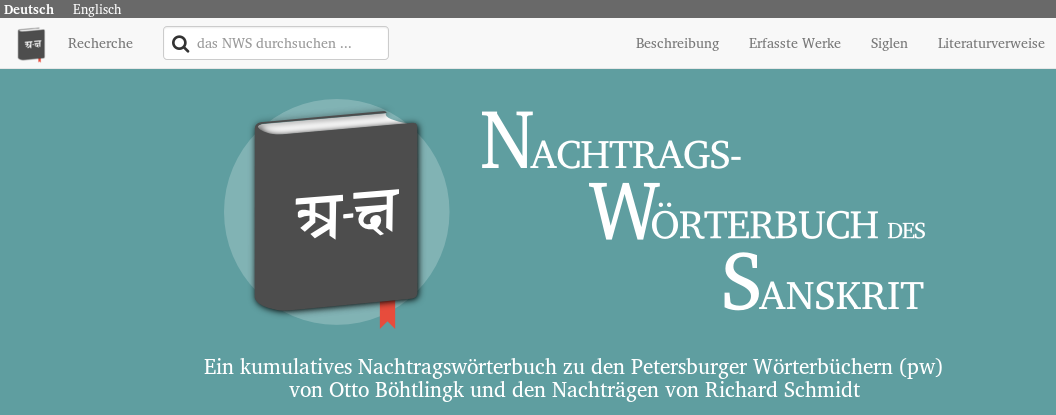
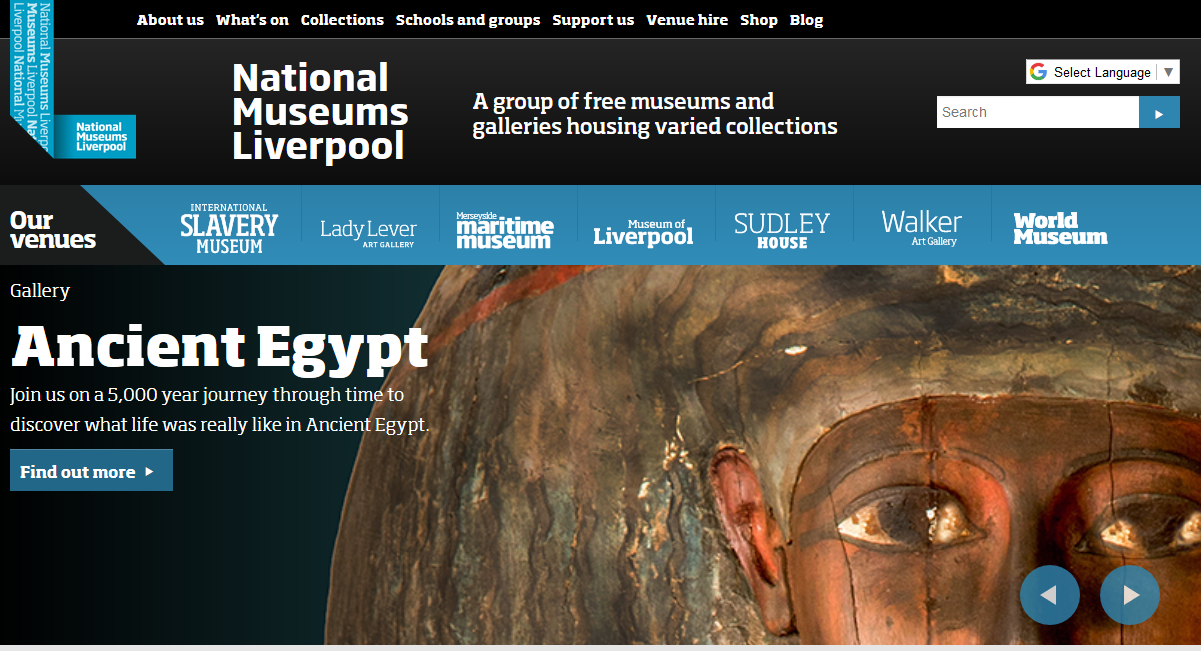
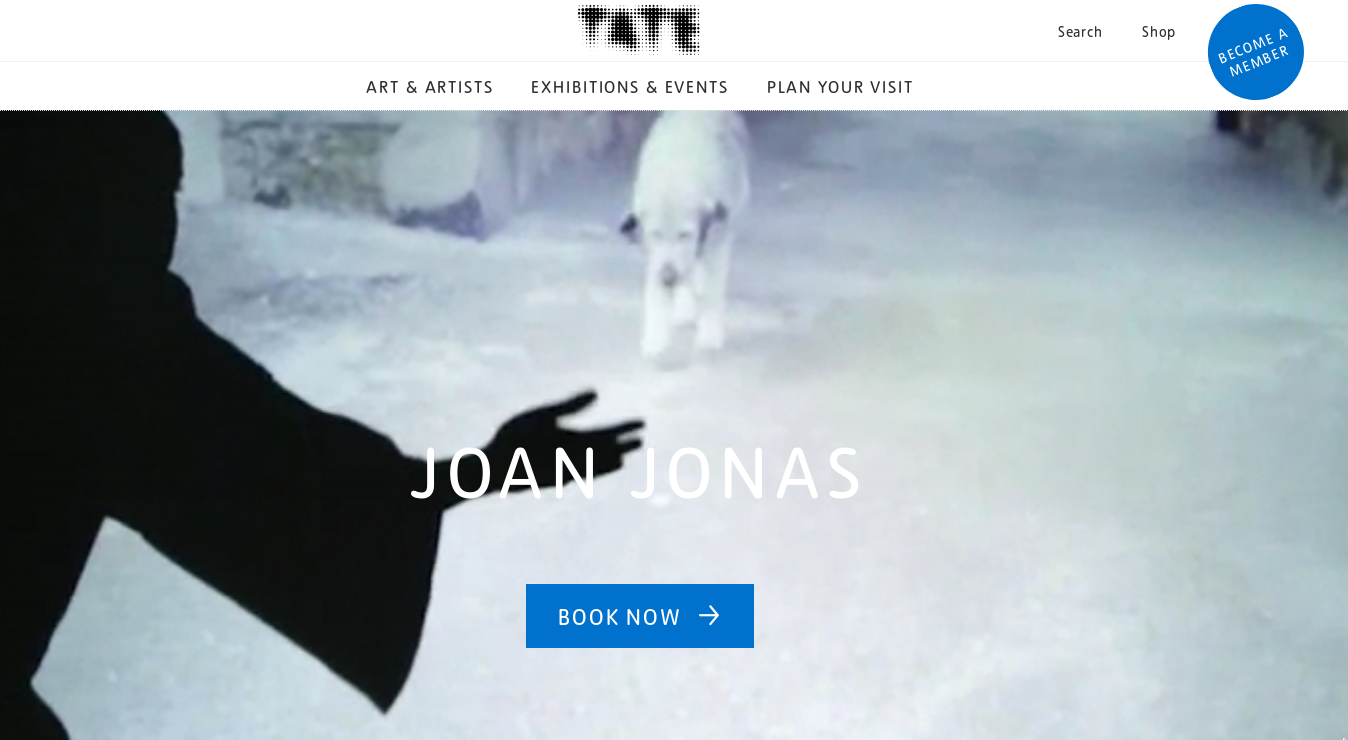
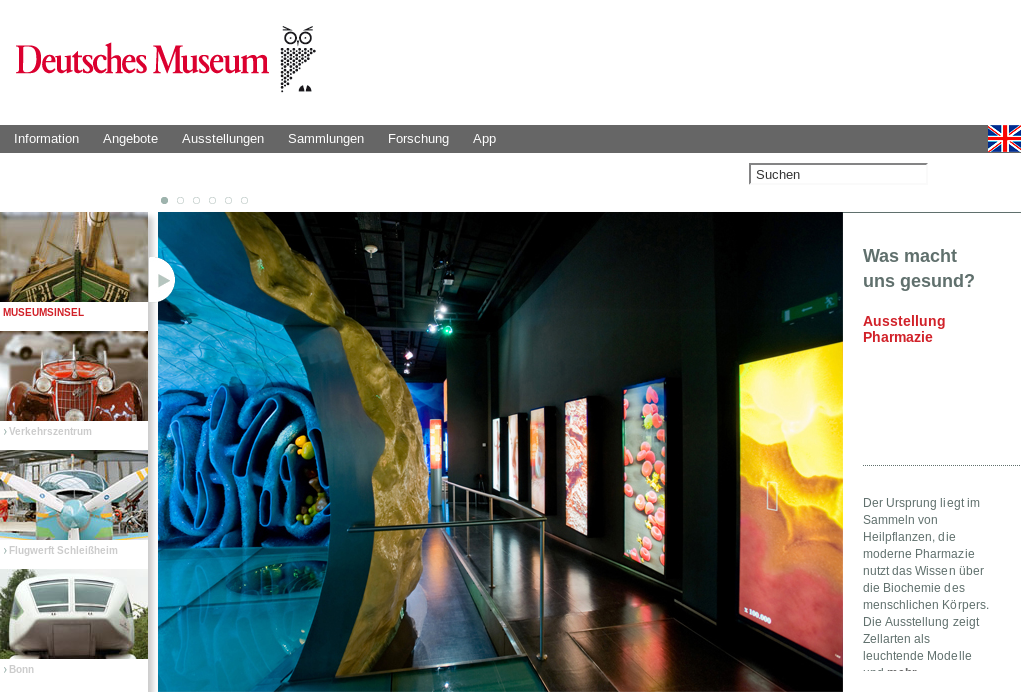

Recall vs Precision
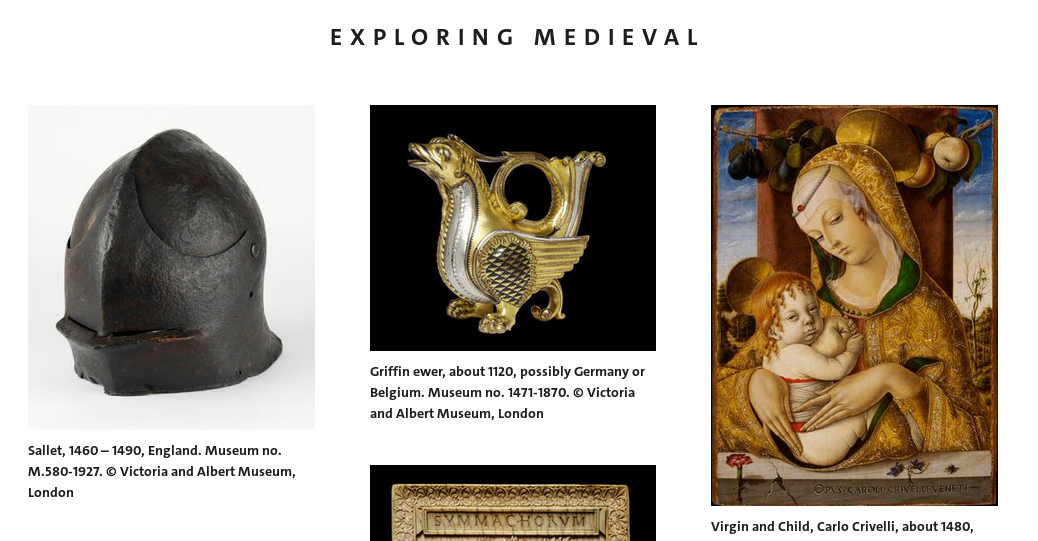

Literatur
- Baeza-Yates, R. and Ribeiro-Neto, B. (2011). Modern Information Retrieval (2nd ed.). Addison-Wesley.
- Ruthven, I. and Chowdhury, G.G. (eds.)(2015). Cultural Heritage Information. Access and management. Facet publishing.